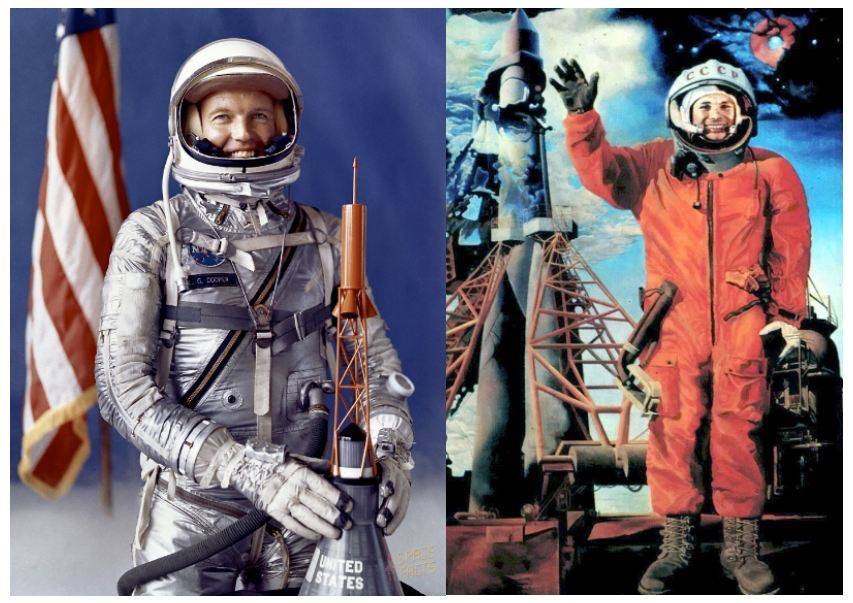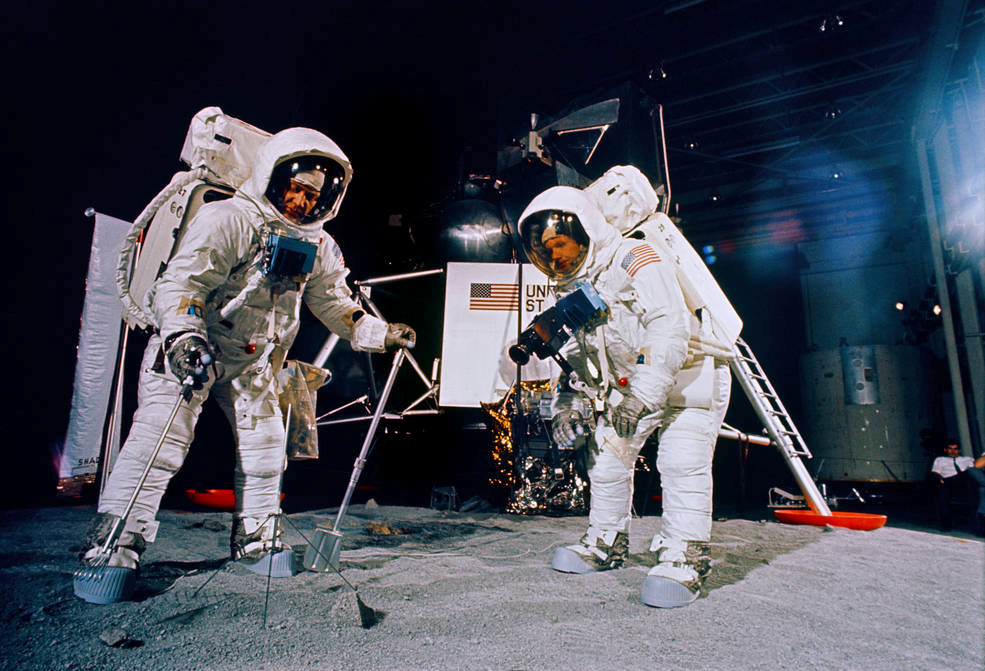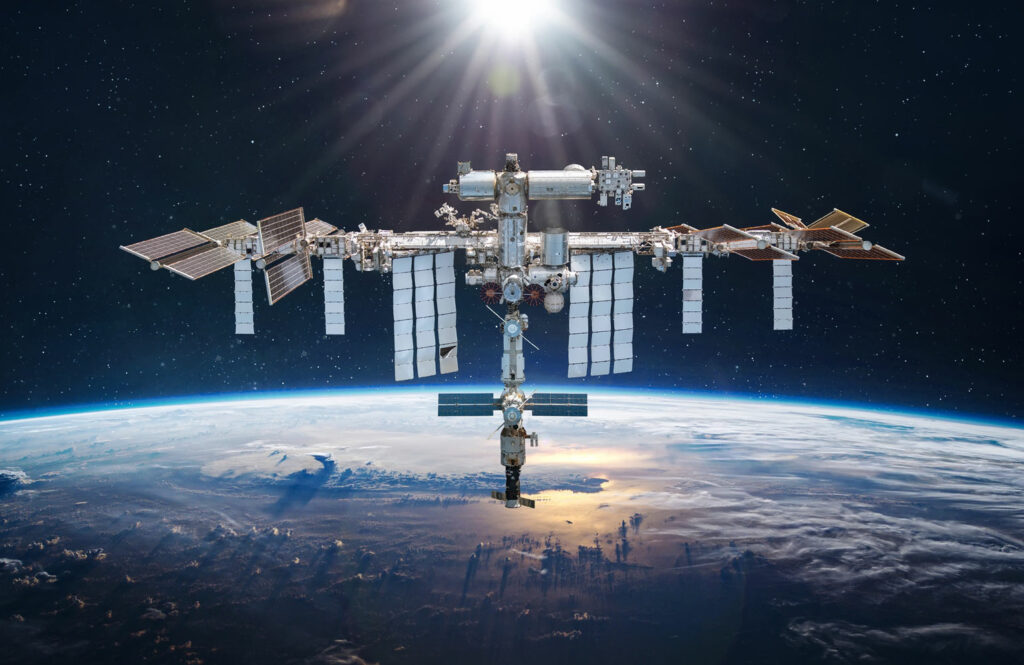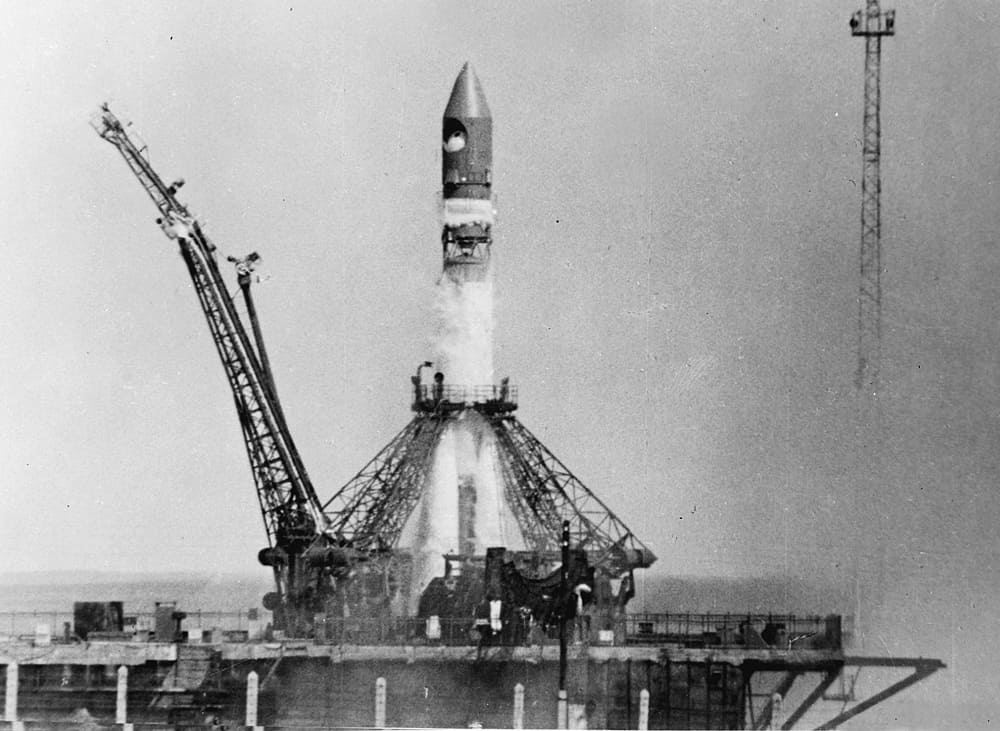Throughout history, humans have sought to explore the vastness of space and study celestial bodies. The history of space exploration is filled with scientific achievements and the heroism of brave explorers. This article highlights key moments of this exciting journey, starting with the development of rocket technology as a means of transport to the celestial expanse.
Rocket experiments marked the beginning of space exploration. In the early 20th century, scientists like Konstantin Tsiolkovsky in Russia and Robert Goddard in the United States conducted research to create rocket engines and develop the principles of space flight.
The first man to fly into space was Soviet cosmonaut Yuri Gagarin, who orbited the Earth aboard the Vostok spacecraft on 12 April 1961. This historic flight marked the beginning of a new era in space exploration and established the Soviet Union as the leader of the space race.
Shortly after Gagarin’s flight, the United States responded with its first manned space flight. On May 5, 1961, astronaut Alan Shepard made a controlled flight aboard the Mercury-Redstone spacecraft. Shepard completed a 15-minute orbit around the Earth and became the first American man in space.

The Apollo Programme focused on missions to the Moon. The Apollo programme is one of the most significant and well-known space exploration programmes in history. It involved a series of manned missions to the Moon by the United States in the late 1960s and early 1970s.
On 21 July 1969, the crew of the Apollo 11 mission became the first humans to set foot on the Moon. During their time on the Moon, Neil Armstrong and Edwin Aldrin collected soil samples and set up the first beacon for future missions.

The Apollo programme successfully landed on the Moon six times, with 12 astronauts setting foot on its surface. These missions yielded valuable scientific data and expanded the horizons of space exploration.
In recent years, space missions have become increasingly international, with many countries collaborating in this field. The International Space Station (ISS) is the most significant international cooperation project to date.
It is a modular space station created by joint efforts from Russia, the United States, the European Space Agency, and other participants. The ISS serves as a permanent human presence in space and enables various scientific research and technology testing for future missions to other planets.

This fragment of text also briefly touches on space tourism and the future of space exploration.
In recent years, space tourism has become more feasible. Private companies are developing commercial spaceflight programs. Ilon Musk’s SpaceX Dragon spacecraft has successfully completed several missions with commercial crews.
The future of space exploration holds even more exciting discoveries and achievements, including plans to send humans to Mars, establish permanent bases on other planets, and search for extraterrestrial life.
The first space flights and space exploration hold a significant place in human history. They demonstrate our insatiable desire to explore unknown territories and expand our understanding of the universe.



1 comment
[…] and US satellites avoid collision in orbit Space physics: How spacecraft work and how they… The first space flights and the exploration of… Star Wars, or What weapons humans will use… “Progress MS-26” docked with ISS […]